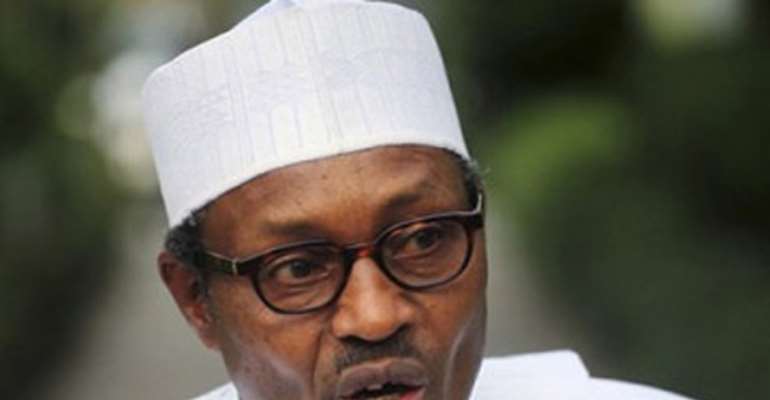A Presidency’s Town Hall Meetings Without The President?

Ordinarily, the recent news that the Presidency would soon embark on town hall meetings across the country to interact with Nigerians on the government policies and actions, should receive applause and public commendation but for the shape and manner the proposed meetings are to take.
Without doubt, public engagement and interactions by the elected leaders have become integral parts of modern democracies. All over the world today, elected public office holders strive to carry the people along in their policies and programmes.
For instance, in the United States of America, town hall meetings have become such an influential channel of communication with the electorates just the same way with the annual ‘’State of the Union Address” that no American president jokes with it or misses it. In Lagos State, too, since the era of the former governor of the state, Bola Ahmed Tinubu, town hall meetings have become enshrined in the government itineraries. Gains recorded in these meetings, in terms of building public confidence and support needed to drive government plans, remain invaluable.
Interestingly, and against the established global standard too, the proposed town hall meetings by the Presidency are to be handled by the Vice-President, Prof. Yemi Osinbajo. Announcing the plan, Malam Garba Shehu, the Senior Special Assistant (Media) to President Muhammadu Buhari, had stated that “I know that there is a plan that the Vice-President, Prof. Yemi Osinbajo would start town hall meetings in zones”.
The questions are: why the Vice-President? Why not the President himself? Make no mistake, this is not in any way an attempt to question or undermine the competence and ability of the VP to deliver on such assignment. But one is worried that the Presidency, as always been the tradition with Aso Villa, is trying to shield Mr. President away from the people. There are certain responsibilities that Mr. President should never delegate, and this falls within such tasks.
The advantages of President Buhari personally undertaking this task are multifaceted. Firstly, it will offer him an opportunity of having first-hand information on the reactions of Nigerians about his administration’s performance and policies. Secondly, it will increase citizens’ confidence and trust knowing that they have a president who is willing to interact with them at their levels. And thirdly, his presence in each of these zones will further strengthen the unity of the country which has largely been jeopardized by tribal and religious politics.
It should also be cautioned that the President Buhari-led government must avoid falling into the errors of his predecessors. In the past, we witnessed situations where the government rather than deliver services to the people, embarked on media hype about its never-seen-or-felt performances. Really, President Buhari’s government does not in the actual sense need to “take information to the people’’ on its performance and intentions. Nigerians should actually see and feel these performance and intentions for them to convinced that the government is working.
For example, what manner of information do Nigerians need to know about government’s performance in the energy sector when there are constant epileptic electricity supply and frequent queues at the filling stations across the country? Or do facts no longer speak for themselves. The point being canvassed here is that the government must put the horse before the cart and not the other way round.
It is further suggested that the proposed initiative, when it eventually comes alive, should be guided by best practices. It should not be doctored to serve the interest of few or be turned into a political party affairs and patronage where crowd and sycophants are “rented” to distort obvious realities.
Corollary, the venues of the meetings are very crucial. As being done in other climes, particularly in the United States, tertiary institutions across the country or country sides should serve as venues for the meetings and not government state houses. This will promote unfettered access and frank inputs from the participants and will go a long way in helping the government gauge genuine reactions of the people.
However, in my mind, the proposed initiative is the government’s frank step towards carrying the Nigerian populace along on its action plans, but adequate measures must be put in place in order to avoid it being turned to a journey in propaganda and mischief. Therefore, President Muhammadu Buhari’s participation in the meetings is sacrosanct.
Alternatively, the president can interchange with the Vice-President but certainly not to abandon it to the latter alone. To do otherwise is to defeat the very essence of this noble initiative and deny Nigerians opportunity of interacting with their president.
Okoro Gabriel, Esq., Lagos.
